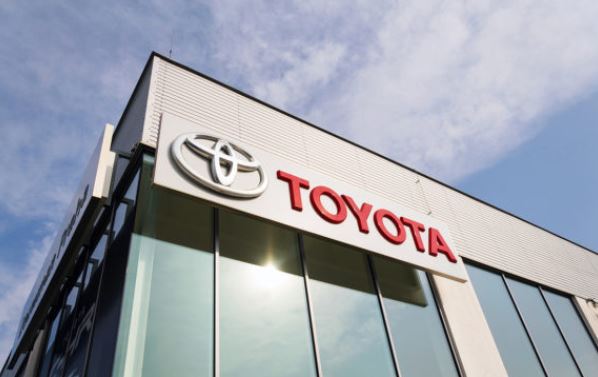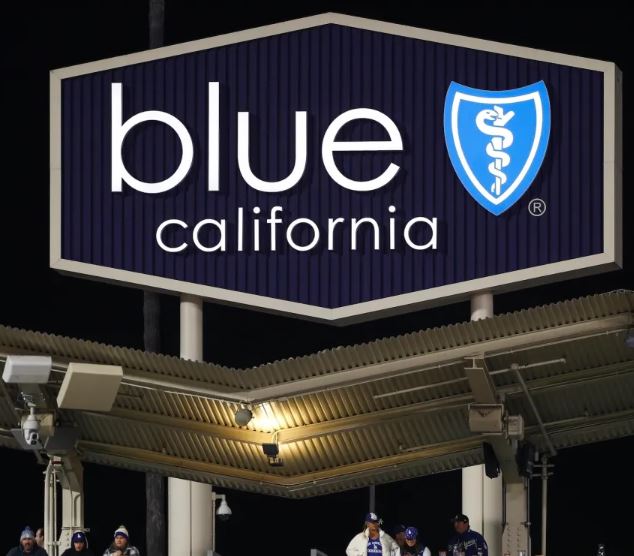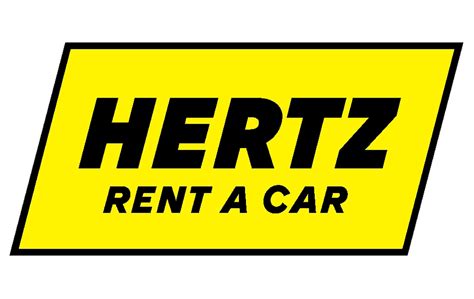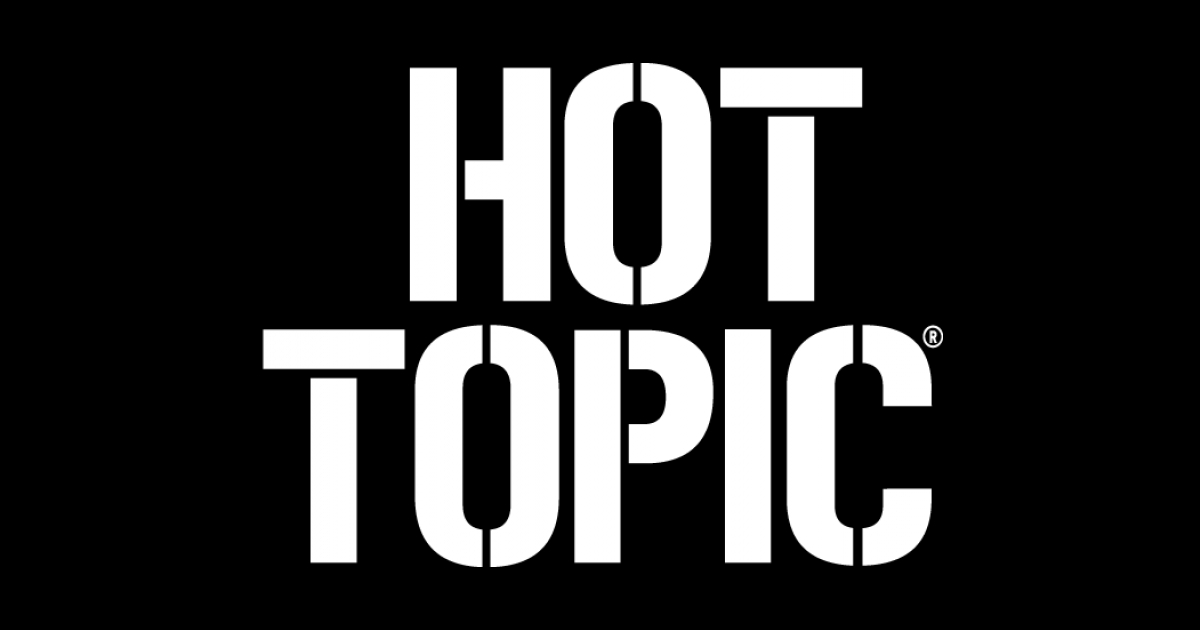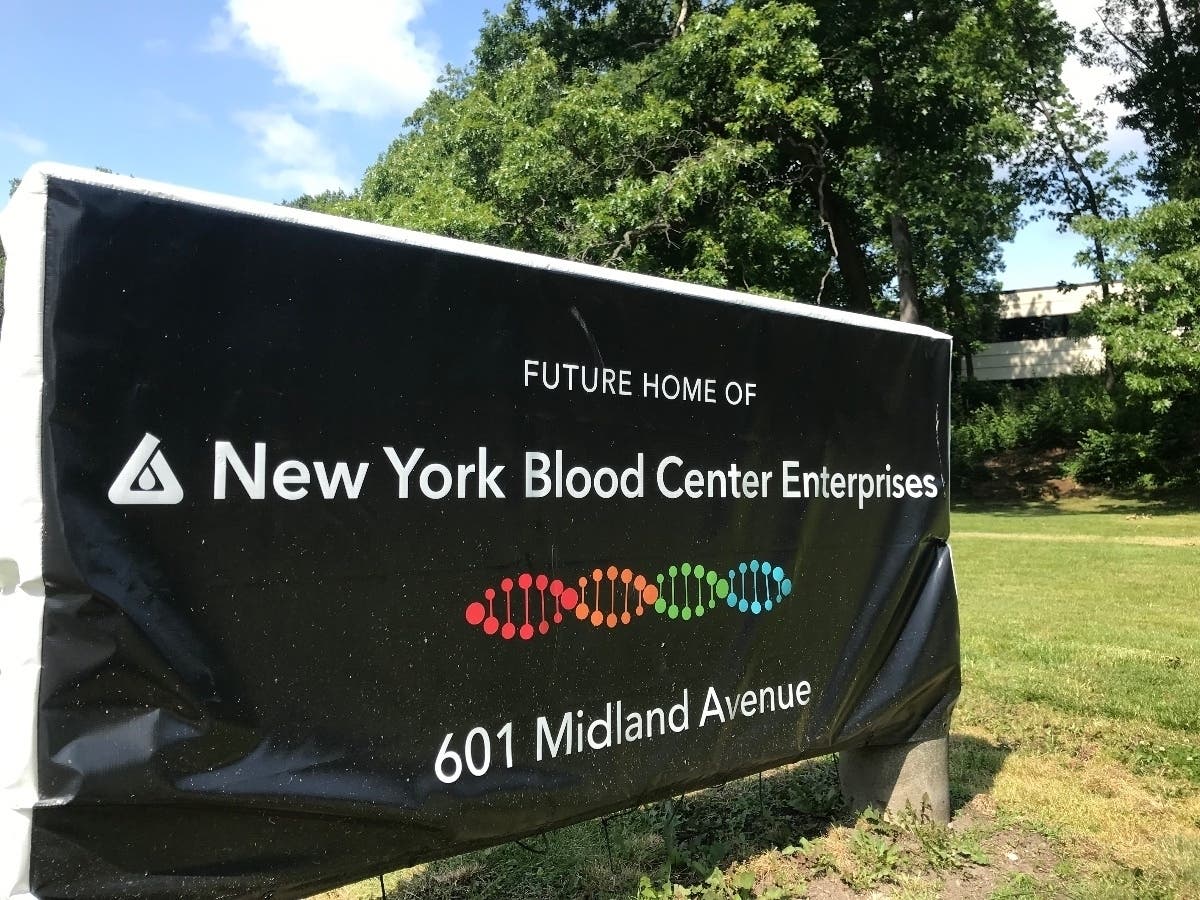Unraveling the Sugar Conspiracy: US Sugar Refiners and Sellers Accused of Price Fixing. Featured
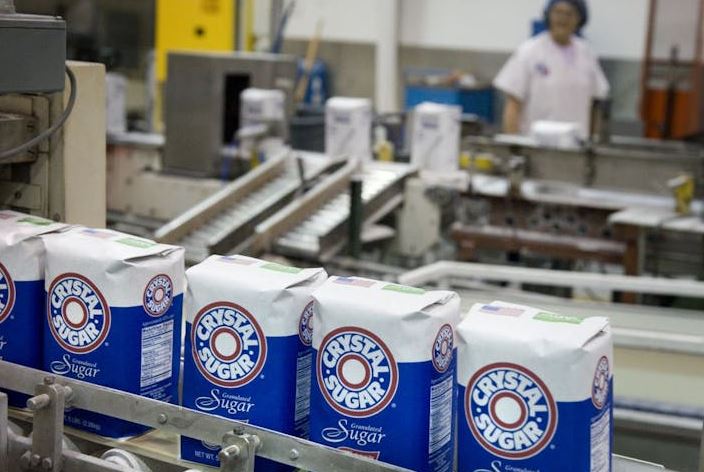
US sugar producers and sellers conspired to fix prices and manipulate sugar market to their advantage.
In the realm of economic markets, competition stands as the cornerstone of fair trade, ensuring consumers access to products at reasonable prices. However, when this equilibrium is disrupted by collusive practices, the repercussions reverberate through the economy, leaving consumers and businesses alike grappling with the consequences. Such is the case with the recent antitrust class action levied against US sugar refiners and sellers, accusing them of collusion to fix prices, thereby manipulating the market to their advantage.
Who Conspired To Fix US Sugar Prices?
The lawsuit alleges that the following sugar producers and sellers have illegally conspired to artificially inflate the price of granulated sugar in the United States.
- ASR Group
- American Sugar Refining
- Domino Foods
- Michigan Sugar
- United Sugar Producers & Refiners Cooperative
- Commodity Information Inc.
- Richard Wistisen
The lawsuit alleges ASR Group International Inc., American Sugar Refining Inc., Domino Foods Inc., United Sugar Producers & Refiners Cooperative (formerly known as United Sugars Corp.), Michigan Sugar Co., Commodity Information Inc. (“Commodity”) and Richard Wistisen broke antitrust laws by colluding on prices. Wistisen heads Commodity Information Inc., which collected sensitive information relevant to pricing decisions.
How Did Producers Conspire To Fix US Sugar Prices?
According to the lawsuit, The defendants’ have since at least January 2019 unlawfully exchanged detailed, competitively sensitive, non-public information about granulated sugar prices, capacity, sales, volume supply and demand.
The goal of the alleged price-fixing conspiracy was for the sugar producers to ensure that they would not undercut each other’s prices for the commodity and cause prices to drop as they would in a truly competitive market, the lawsuit alleges.
As the lawsuit tells it, there is also no “economically rational reason” for the sugar production defendants; United, ASR/Domino and Michigan Sugar to share with each other competitively sensitive, non-public information.
Per the filing, the non-anonymized data – including current pricing, crop size, crop yields, future beliefs on pricing and sold positions – was shared between the companies, allegedly facilitated by Commodity Information Inc.. for the purpose of enabling them to “effectuate their agreement to artificially affect prices and avoid competing with one another.”
“Commodity does not gather information through voluntary surveys or periodic polling that it anonymizes,” the suit elaborates. “Instead, the Producing Defendants regularly shared competitively sensitive information about their pricing and sold positions with Commodity, and Commodity in turn contemporaneously shared that competitively sensitive information with the Producing Defendants.”
Who is Harmed By The Price Fixing Scheme?
The lawsuit claims defendants’ alleged price-fixing conspiracy has harmed those who buy granulated sugar – also known as refined, white or table sugar – from the companies directly, including food and beverages makers, retailers, food service companies and distributors. According to the lawsuit, 80 percent of all sugar sold nationally is Granulated Sugar.
“In the past 20 years, the price of Granulated Sugar has doubled on an indexed basis,” the complaint reads. “There is no economic rationale for the rate of price increases.”
The filing notes that “similar conduct” among granulated sugar producers decades ago led to a 1978 consent decree that banned exchanges of information between competitors.
Join the Sugar Antitrust Class Action.
If you purchased granulated sugar at any time on or after January 1 2019, from any of the above listed companies directly, or you are a food and beverages maker, retailer, food service company and distributor you may be entitled to compensation.
The case looks to cover the following Purchaser Classes –
- all commercial and institutional purchasers of granulated sugar who either purchased directly from any of the producing defendants or indirectly from a distributor in the U.S., at any time on or after January 1, 2019.
- all persons and entities that purchased granulated sugar indirectly from a distributor for commercial use in the U.S., at any time on or after January 1, 2019.
This lawsuit could potentially result in changes to how sugar prices are determined and regulated, and impact prices of various products that contain sugar.
To learn more about this case, please complete the form shown on this page and an antitrust lawyer will contact you to discuss your claim.
